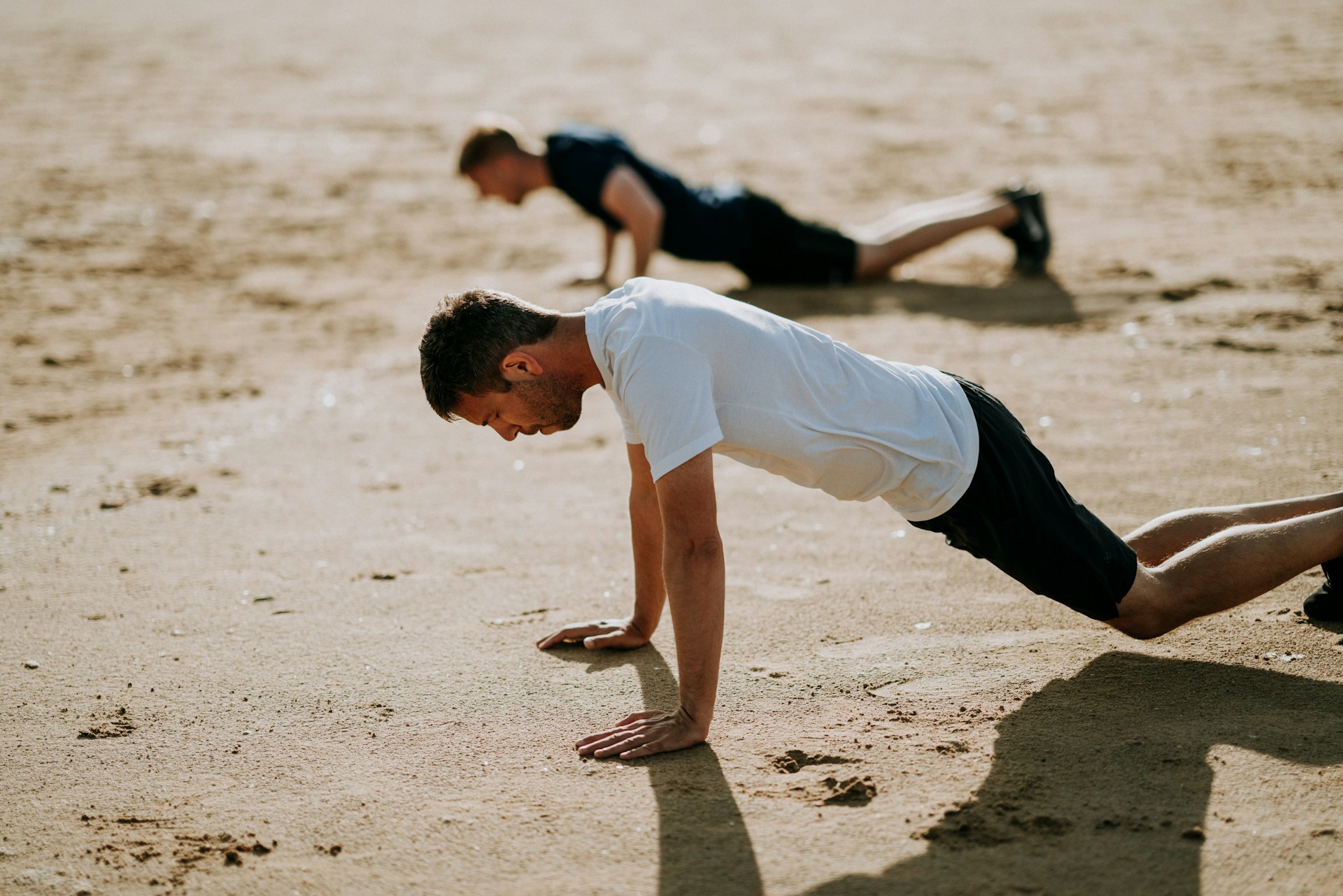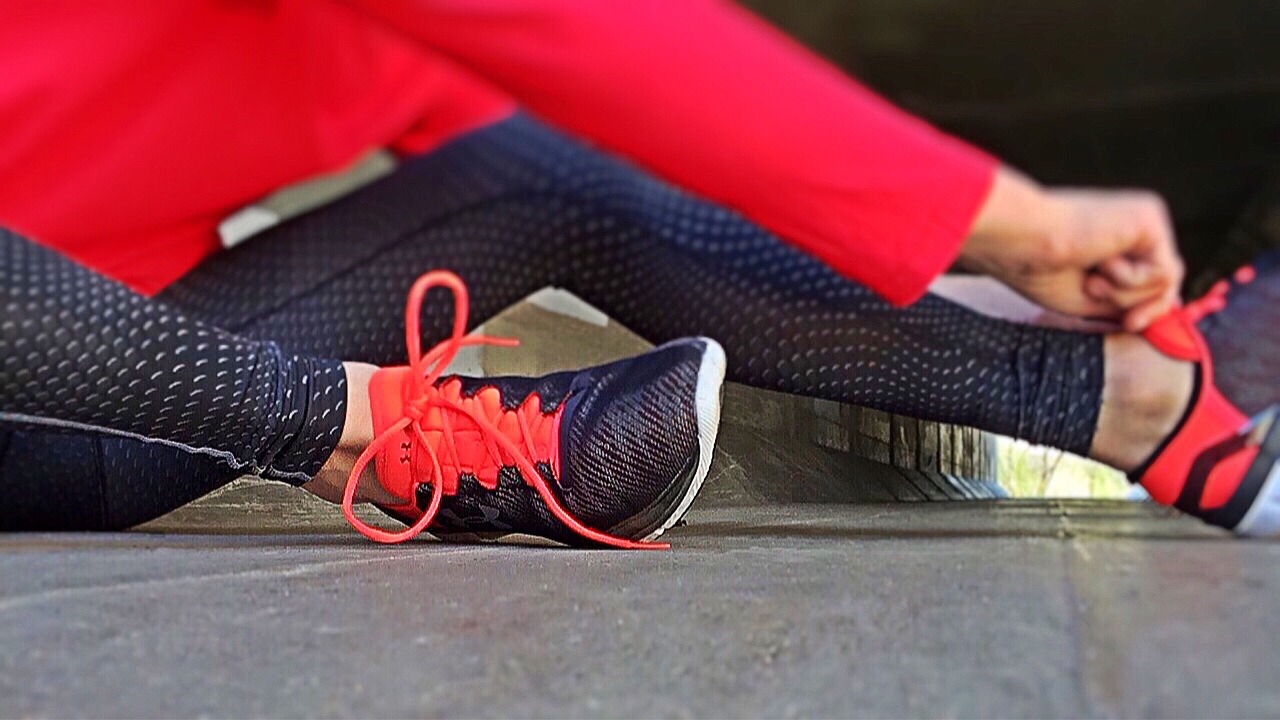Mini TRAININGS – Even The Busiest Can Practice Them!
For many, exercise and physical activity are part of everyday life, that is, a routine they enjoy. But often obligations and work can hinder this habit, and thus reduce the progress and results that exercise brings. However, any physical activity takes time and dedication.
However several studies show that commitment and desire are far more important than the time we have available. Namely, some scientists believe that short, so-called “mini-exercises” are particularly useful and efficient, and if we practice them regularly, they can have a particularly great benefit on our health and physical fitness.
Therefore, in the following, we will talk a little more about these mini-trainings, what they represent, and how best to fit them into our daily tasks.

What are the general recommendations for physical activity?
Standard recommendations from experts say that weekly physical activity needs are about 150 minutes of moderate-intensity aerobic exercise or about 75 minutes of higher-intensity aerobic exercise. The recommendations also emphasize the importance of resistance/weight-bearing exercises and recommend that they be practiced at least 2 days per week.
They should include the main muscle groups of the body and contribute to strengthening muscle tissue, maintaining balance, improving physical fitness, etc.
To follow such recommendations, most people follow a certain exercise routine that includes longer physical activity, once a day or once every 2 days. But such exercises can also be divided into several small ones, as we mentioned “mini-exercises”, about which we will talk a little more in the following.
What are the “mini-exercises”?
No matter how busy you are during the day, you almost always have at least 7-10 minutes available. It doesn’t always take 30-60 minutes for a workout, and research shows that the effects of short workouts are cumulative and can be just as effective as long ones.
These exercises are extremely easy to fit into your daily schedule and commitments. They may not seem like substantial and serious workouts, but these short exercises have a significant effect on health.

What are the benefits of this type of physical activity?
Because scientists believe that the effect of short workouts is cumulative, they are expected to produce the same effects as “full” workouts.
In this regard, these short types of exercises can provide the following benefits:
-
They improve overall health
Exercising for about 10 minutes may not seem like a serious feat, but several such workouts throughout the day can produce significant positive effects. A meta-study involving 1080 subjects found that the effects on cardiovascular health, and especially on blood pressure, were identical when comparing short training sessions and conventional, long training sessions.
In addition, the results and effects were similar in terms of triglycerides, insulin, and blood sugar levels. The study concluded that the positive effects on health were almost identical when comparing cumulative, short training and standard, long training.
-
This type of exercise can fit into your day more easily and become a permanent habit
The benefit in terms of time that needs to be allocated is quite obvious. The 10-minute or so workouts are really easy and practical and can fit into anyone’s schedule.
In addition, such “training” does not have to be particularly intense – climbing stairs, brisk walking, and exercises with your weight are activities that are included in this regime. The positive aspect is that such activities are almost imperceptible and their positive effect accumulates quickly and easily.
Additionally, this type of regimen does not require serious commitment and time management. This can help people who have difficulty making exercise a habit, as this type of exercise is simple and easily fits into anyone’s rhythm.
-
Good for mood and energy levels
Although they are short, these exercises can still contribute to the creation of hormones (primarily endorphins) that can improve mood. Even just a 10-minute brisk walk has a positive effect on mood, some research says.
In addition, these short workouts can help you maintain energy and concentration throughout the day, and any kind of movement is also great for easier relaxation and refreshment.
-
In many ways, they have a similar effect on long exercise
Regarding the benefits and effects on our health, we said that this type of short exercise has a cumulative and almost the same effect as long exercise. For example, one study examined the effect on blood pressure that these short workouts have.
They found that a 30-minute walk – divided into 3 separate 10-minute walks – had a better effect on blood pressure than a single 30-minute walk.
Additionally, these short workouts are a great way for busy people to maintain their physical fitness. With regular practice, these exercises can have a similar effect in terms of muscle growth and body weight regulation.
In addition, such exercises do not seem like a “burden” to a large number of people, that is, as something that will take a lot of time and something that they must seriously devote themselves to.















Post Comment